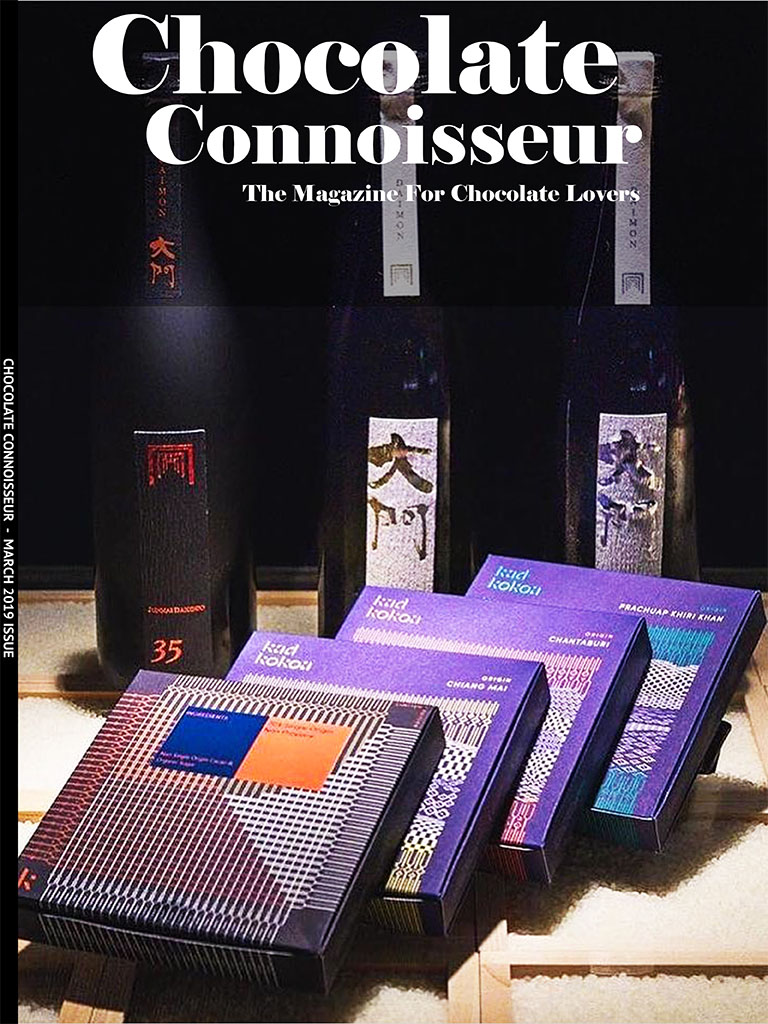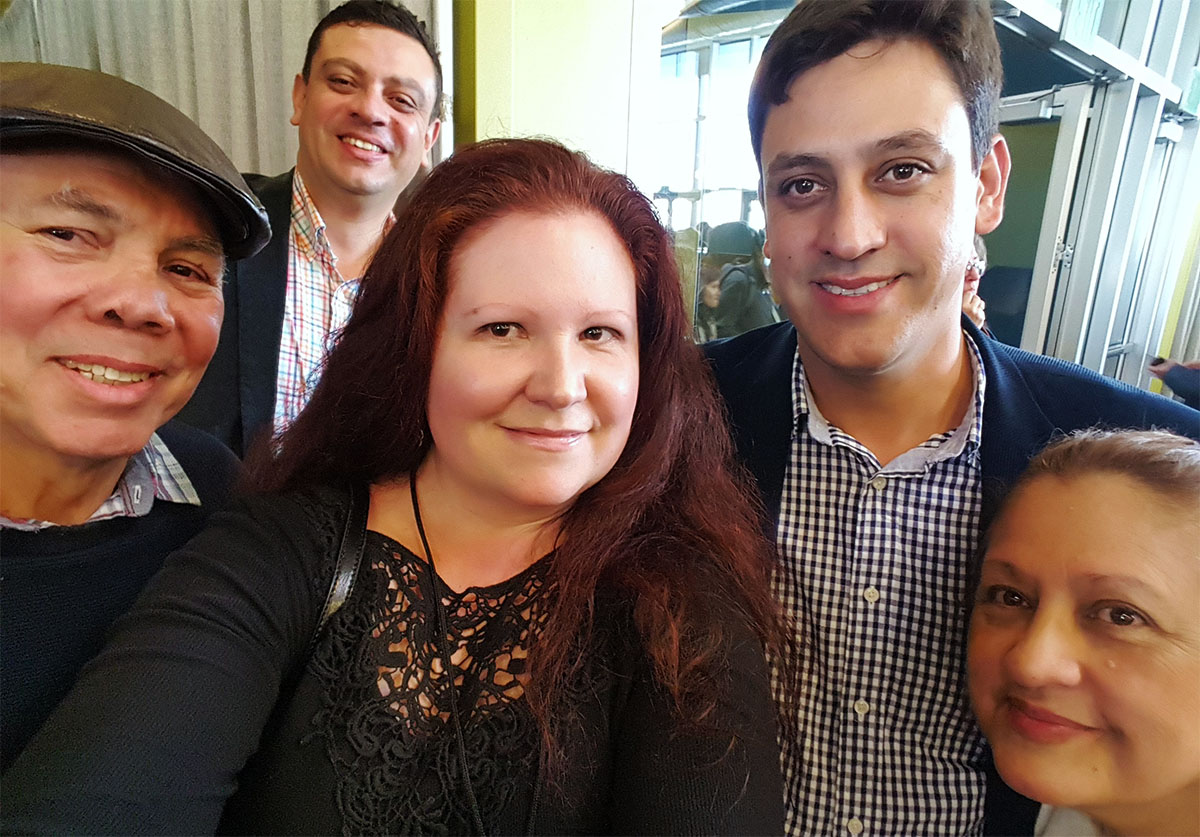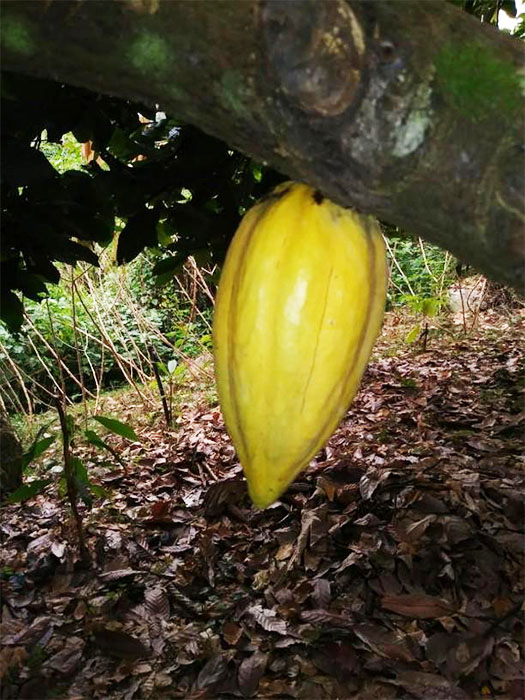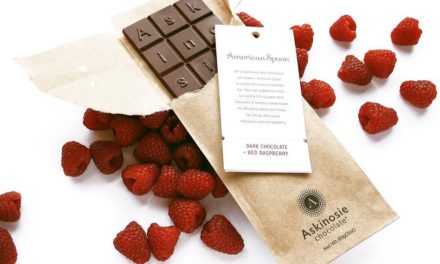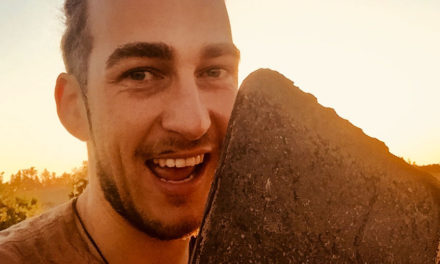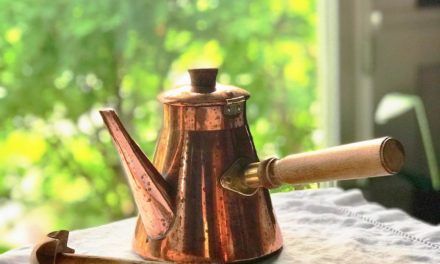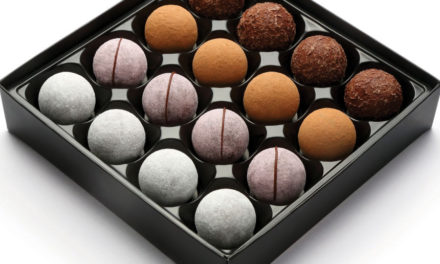Chocolate One-on-One: Pernia Family Cacao
One of the beautiful things about reviewing chocolate and conducting interviews, is all the chocolate makers, farmers and chocolate reviewers I get to meet around the world through social media and, on occasion, in person. Since March of 2018, Gabriel Pernia (of Pernia’s Family Farm in Venezuela) and I have conversed through Instagram. Recently, however, at the November 2018 Northwest Chocolate Festival in Seattle, I had the opportunity to meet Gabriel and his whole family in person, and also to taste their Dino’s Chocolate.
Gabriel Pernia is a mechanical engineer in charge of organic maintenance on the family’s plantation. He works to ensure that the best genetics possible exist within their farm’s ancestral criollos cacao trees.
Gabriel’s brother, Bernhard Pernia (also an engineer) focuses on research and cocoa product development, actively seeking to improve their chocolate techniques and increase the quality of their products.
Their father, Bernardino Pernia, has served as caretaker and propagator of the Creole cacao trees and coffee plantation since he first planted them back in 1977. An agricultural technician who graduated back in the 70s, Bernardino often showcases his conservationist spirit, and he helps manage the plantation via organic practices, in harmony with the environment.
Now, let’s dive into the interview!
Victoria Cooksey (VC): How long has your family been growing cacao?
Pernia Family (PF): Since 1977.
Victoria Cooksey with (left to right) Berardino, Bernhard, Gabriel and Marleny
VC: Do you grow other things besides cacao on your farm?
PF: Yes, in addition to Venezuelan ancestral cocoas, we also grow Arabica and Robusta coffee trees since 1977, bananas, oranges, avocados, cassava, lemons, tangerines, blueberries and mangoes among other exotic fruits. We also plant trees for the conservation of the environment among which are cedars and guamos. Last year two thousand Gmelina trees were planted.
VC: What is your first memory of chocolate? How have your thoughts on chocolate changed from childhood to adulthood?
PF: Our first chocolate memory was a sweet creamy chocolate product that was commercialized in the 80s in Venezuela called Nucita. It was nice and unforgettable for a child of that epoque.
Now, as adults, we think of chocolate not only as a treat but also as handcrafted dark chocolate which has the nobility to show the tastes and attributes of the nature of the place where cacao is grown, such as fruit trees, flowers, and almonds, between many other flavors that each cacao can present according to its origin, genetics and season.
For us thinking about chocolate is synonymous with thinking about cocoa and it brings us very pleasant sensory memories.
VC: What is the most difficult thing about growing cacao?
PF: It is hard work that in the first place we should like and be passionate about why we do it.
In our case, we grew up doing it and we understand that the cultivation of cocoa needs patience, perseverance and all efforts that are worthwhile when we see our cocoa trees productive and healthy.
Fine aroma cocoa beans that will be transformed into fine chocolates that are much appreciated by many people around the world. There are also many difficult activities in the cocoa growing that include hard physical works like planting cocoa trees because you need to carry out each plant to the definitive plantation area and some times it is difficult walking long distances inside the farm.
Then it is necessary to keep each tree while it becomes a productive plant which could take seven years approximately to have a strong and productive cocoa tree which can produce during many years.
Another important risk is when dangerous snakes appear while cutting grass around the trees. It is necessary to be careful during these activities. However, when we develop all this work and then we get the recompense when somebody from any place in the world can taste our chocolate bars and appreciate our farm-particular notes.
VC: What is the most enjoyable thing about growing cacao?
PF: Without a doubt, when we taste our chocolates in our tastings, it is the part of the work that we most like to do. In addition, when we taste them in the middle of nature on our plantation, the sensory perceptions that are intensified in chocolate are unique.
VC: What is the best weather, or conditions, for growing cacao?
PF: Depending on the genetics of the cocoa conditions may vary, however in general it can be said that the best conditions are: tropical rainforest, near the equator with heights above sea level from 50 to 1200 and average temperatures of 28 degrees C, soils well loaded with nutrients and undoubtedly cultivated under a truly organic condition.
VC: Have you always made chocolate bars, or is that something you recently started?
PF: We always made chocolate bars but over the years we learned new techniques and we have new equipment that have allowed us to improve our bars every day. Now we conch them up to 72 hours which allows us to perceive very smooth and pleasant flavors in our chocolate.
Here are two ways to connect with the Pernia Family —
Pernia Email: je***********@gm***.com
Pernia Instagram: https://www.instagram.com/venezuelancacaorganic/

